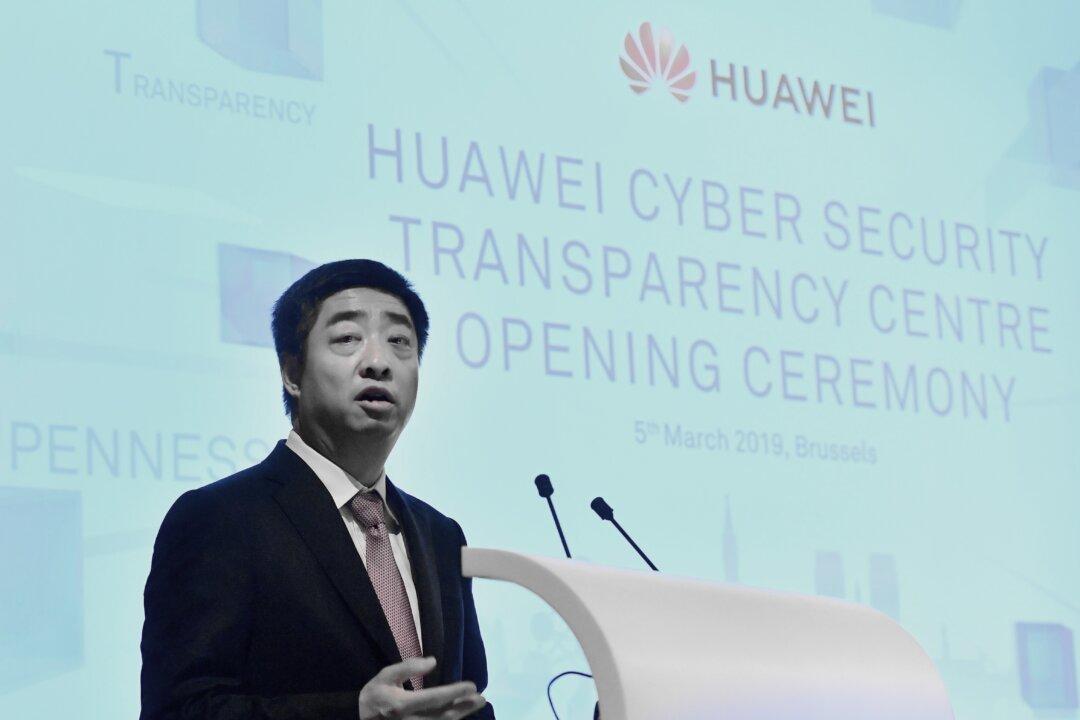Huawei, a Chinese state-linked company and the world’s largest manufacturer of telecommunications equipment, recently opened its European Cyber Security Transparency Centre in Brussels, Belgium. The Centre is intended as a demonstration lab to show that Huawei systems are free of electronic “back doors” that make them vulnerable to hacking.
However, a visit by Germany’s Deutsche Welle revealed a different picture about Huawei’s attempt at transparency.





